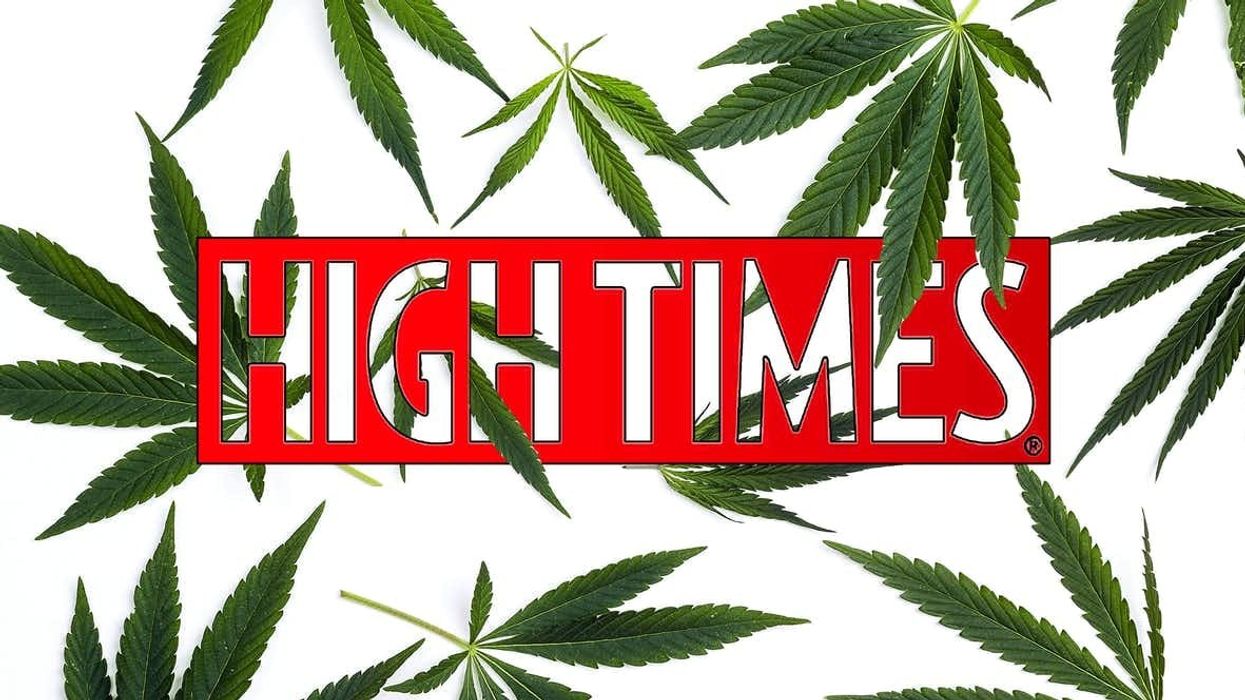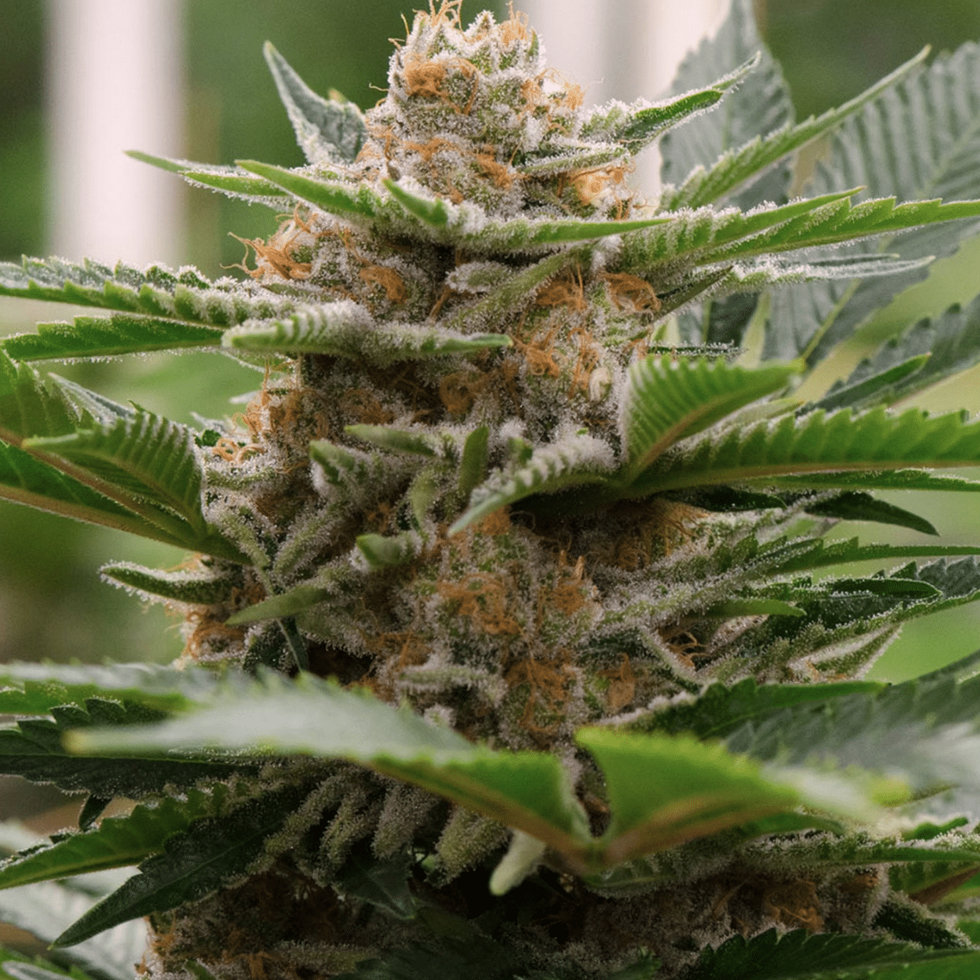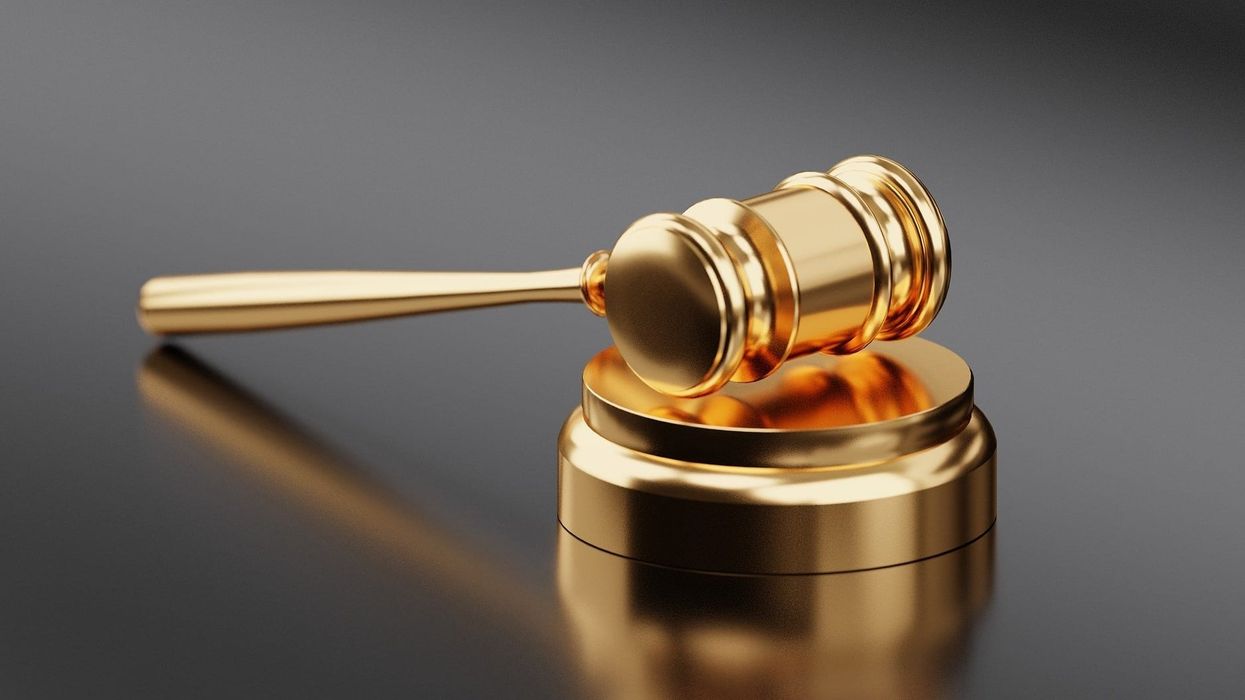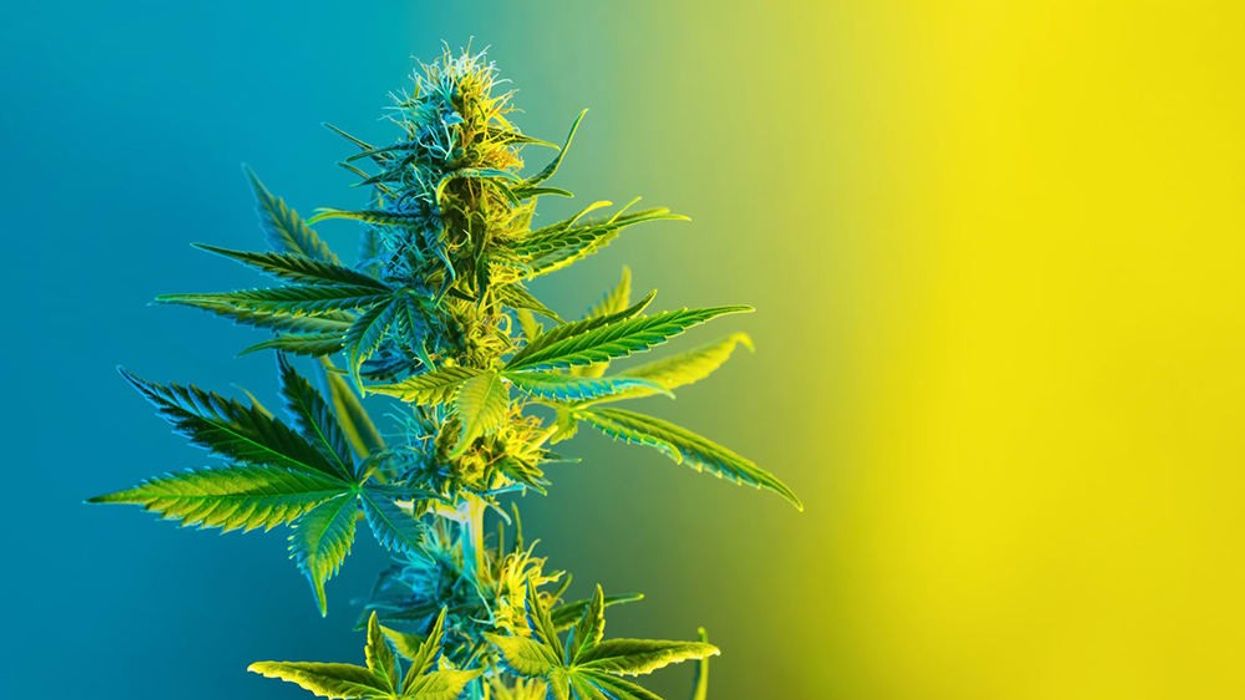Cannabis Law Report has confirmed that The Securities and Exchange Commission has informed High Times Holdings that they must halt accepting IPO investments because they failed to meet an extended deadline to file their audited annual report. But, even with this warning, High Times has not refrained from pitching potential Cannabis investors via email solicitations, according to marketing material forwarded to Cannabis Law Report this week.
High Times securities lawyers, Stephen Weiss and Megan Penick of L.A. based Michelman Robinson LLP, who should have been aware of the Company's continued solicitations, confirmed that the High Times will not accept further sales until they get their annual report filed and publicly available for investors.
As of the date of this report, the High Times Investor solicitation portal is still active and functional.
Broken Promises: High Times Troubling IPO Path
The company has extended the offering of shares for two years, initially telling investors that it would list its shares on the NASDAQ. Then it lowered those expectations to the Over-The-Counter Marketplace. Still, neither of these promises has been fulfilled.
According to Debra Borchardt at Green Market Report, High Times continually announces acquisitions, enthusiastically telling investors how much money the new acquisition will bring in. Then months later, the deal typically quietly goes away - sometimes announced in an SEC filing and sometimes through a press release. In some cases, the acquisitions just never close and stay in a suspended state waiting for the shares to go public as payment for the acquisition.
A purchase of working cannabis dispensary stores and licenses in three U.S. states from publicly traded Harvest Health is the most recent example. The original deal signed in April valued at $80 million included 13 dispensary licenses and then last month it was announced High Times would only be buying 10 licenses and they’d be losing two working California dispensaries in the renegotiated deal.
How Did High Times Become the Fyre Festival of Cannabis?
In 2017, the old-school pot magazine you remember as High Times looked to be blooming into a marijuana empire. That year, The New York Times initially reported that a group of wealthy Los Angeles-based investors, including Bob Marley’s son, Damian, acquired the magazine for $70 million, establishing a new parent company called High Times Holding Co.
However, the Times quickly issued a correction to that report, clarifying that “the group acquired a controlling stake that valued the magazine at $70 million; it did not pay $70 million.” All of this confusion should have been an omen of things to come.

High Times pivoted its core business to producing Cannabis Cup events, and they went on a spending spree to acquire and put their name on many of the world’s biggest marijuana festivals. These events once accounted for 70% of the Company's revenue, but High Times has not hosted an event since the 2019 Detroit Cannabis Cup.
Closer to home, just one year after acquiring Humboldt County’s popular Reggae on the River music festival, the event was cancelled — and some of their other California Cannabis Cup events failed to get permits or were cancelled last-minute.
High Times carried on with a grand plan for an IPO, hoping to list their shares on the NASDAQ and ride the green rush to riches. But the company couldn’t secure much interest from the traditional investor community, so instead they turned to a much smaller, cannabis-specific penny stock exchange called the OTCQX, and started a crowdfunding campaign aimed at their longtime readers and fans to launch a new mini-IPO. The have yet to raise the level of investment they have been seeking.
In May of 2020, their recently appointed CEO Stormy Simon resigned just after less than 4 months on the job. The company is now on its third CEO in less than a year, a dubious sign for investors and the dispensaries involved, considering this supposedly $80 million transaction is an almost all-stock deal.
Their stock offering is particularly surreal, because High Times stock technically does not even exist. High Times sends potential investors three or four emails every day with messages like “Time is ticking, don’t miss out!”. The company has now extended its investor deadline at least seven times in the last 18 months.
All we can say is: Buyer Beware.














 Strawberry Cough Strain Review - The BluntnessTHC Farmer
Strawberry Cough Strain Review - The BluntnessTHC Farmer Strawberry Cough Strain - The BluntnessSeednest
Strawberry Cough Strain - The BluntnessSeednest



 Why are law enforcement officials trying to freeze out cannabis legalization? Follow the money.Image by OpenClipart-Vectors from Pixabay
Why are law enforcement officials trying to freeze out cannabis legalization? Follow the money.Image by OpenClipart-Vectors from Pixabay


